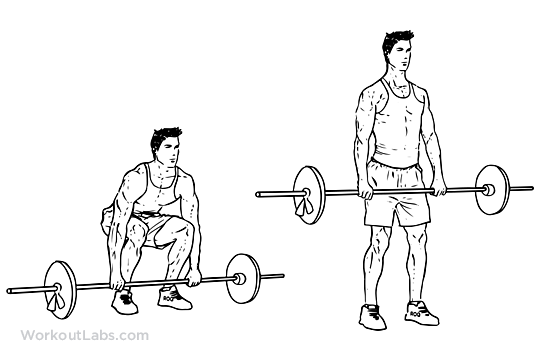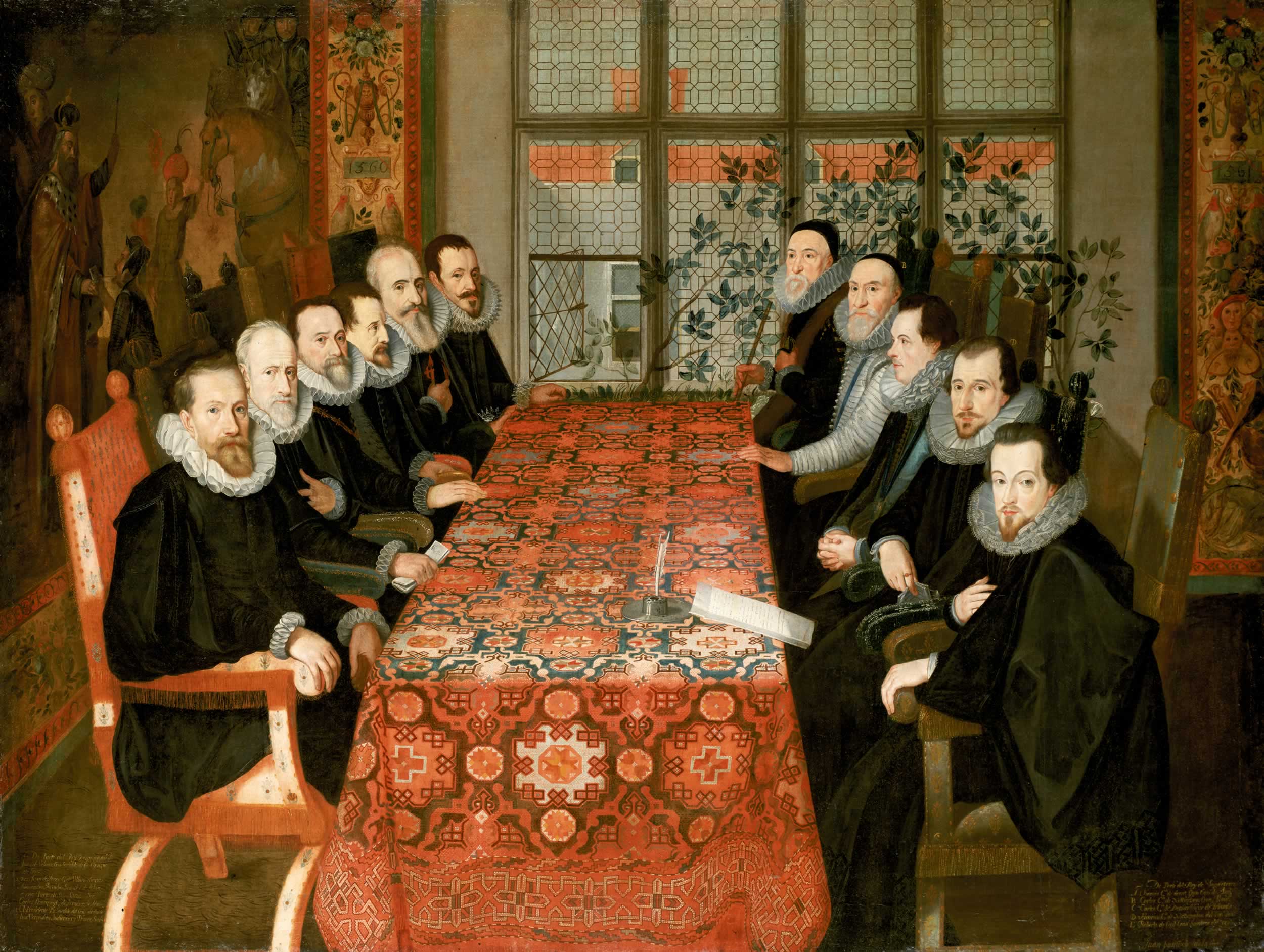I was inspired by one of the OSR posters +Ian Wyckoff to create an alternate version of training. While this isn't as simple as the earlier listed one, or as his, I think it gets the best of what I'm looking for. Training starts hard, gets a bit easier, but then gets harder as you try and surpass your limits.
Training Redesigned
By spending resources (money, favors, etc.), a PC can find a trainer to help go through rigorous exercise. It could be lifting boulders atop a mountain, meditating under an icy waterfall, extreme studying, or visiting a courtesan school to learn the Great Game, or anything hardcore that you can come up with. This takes time (a week or two, maybe even a month depending on the GM), and at the end of the montage, the character rolls a number of dice against the corresponding stat to see if they gain a boost. If they beat their stat number, then it goes up by 1. If not, then they must complete it again. If they find a trainer that shows them what they are doing wrong, they can get a bonus on the roll, usually just a plus 1.
There are different training regimen. Novice, Intermediate, and Expert. The table below shows the different training dice rolls and the minimum stat value required to do them.
Training Regimen Dice and Minimum
Novice - 2d4 - Min 1
Intermediate - 2d6 = Min 8
Expert - 2d10 - Min 12
When doing the training, you roll that regimen's dice and beat your stat. If you do a training regimen that you don't meet the stat requirement for, you must roll a 1d20 against your stat (high or low, it depends on the GM. I prefer rolling high) at the end of the regiment at a -5 penalty to see if the training even works. If you fail, the training doesn't take and at the GM's discretion, it could mean injury or simply insulting your trainer and being dismissed from the academy.
Example: Bearic the Cleric is a bear cleric looking to take an Expert Strength Training course, but his strength is only at an 11. He still takes it, but when he finishes the weeks long training, he has to roll a 1d20 at or below an 11 (or, if doing high rolls, meet or beat a 10+) with a -5 penalty applied to the roll. Here's hoping Bearic the Cleric can roll below an 6 (or above a 15).
If you are training a stat that is below 10 for the very first time, the GM can decide to limit how much training you can do back to back. Since you're going from being a couch potato to a superstar, it is a bit harder to get the training in without becoming exhausted, mentally or physically. This really should only apply up to the second training.
You can roleplay out the training as an adventure. If doing this, the GM can apply bonuses to the final Regimen Dice roll depending on how well the players do.
Maximum Stat Training
We all have limits we simply cannot surpass. A player can raise any stat, but they can only gain up to a total of 9 stat points for their stats. So, if a player increases their Strength by 4, then they have 5 more points to train with any other stat before they've reached their limit. A player can surpass this with performance enhancement drugs and magic, but that has consequences and is something I'll get into another time.
 |
| I will never get over this picture of Triple H and his O face |
Notes
I think I prefer this method honestly. While it is a little bit more complicated, I feel it's still a simple little ruleset that the players can use to get their characters better without waiting to level up. Admittedly, I seem to prefer disconnecting stat and skill advancement from leveling up. Makes me wonder if I would be happier with a classless system. I feel this method fixes the issue of rushing to 18 too quickly, while still making just starting out exhausting. Lord knows when I got started weight lifting, that was really tough. While the maximum stat training is in there, I feel the real limiter is going to be the money to train as well as down time.
I plan on using this for a project I'm working on where training your character is a really big deal. I do hope to playtest this one, as it does excite me. Try it out in your games and see how it goes.


